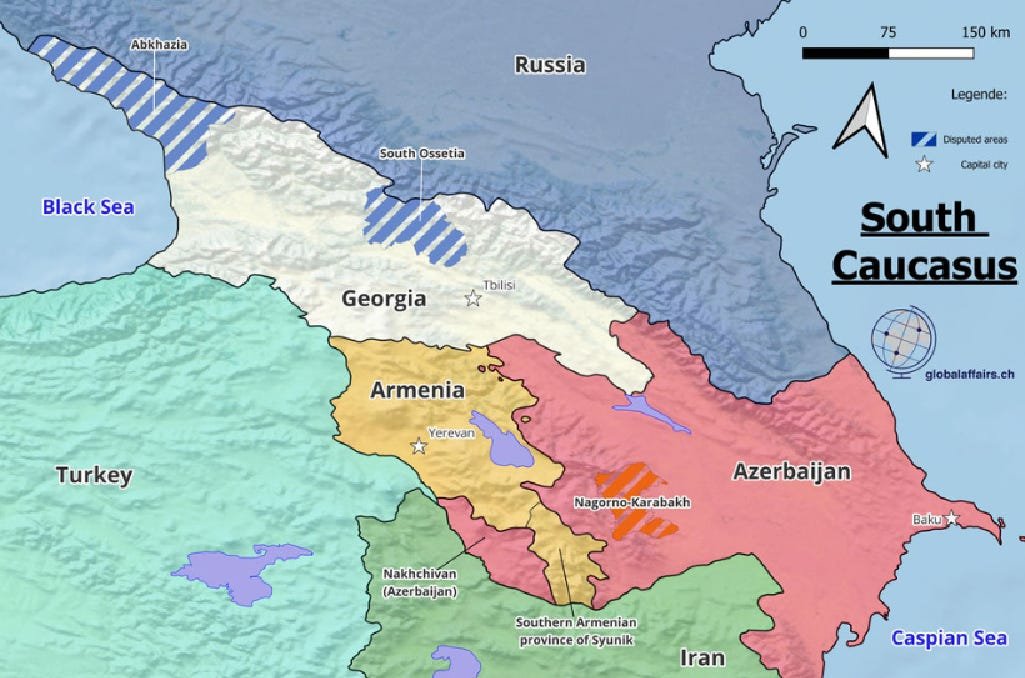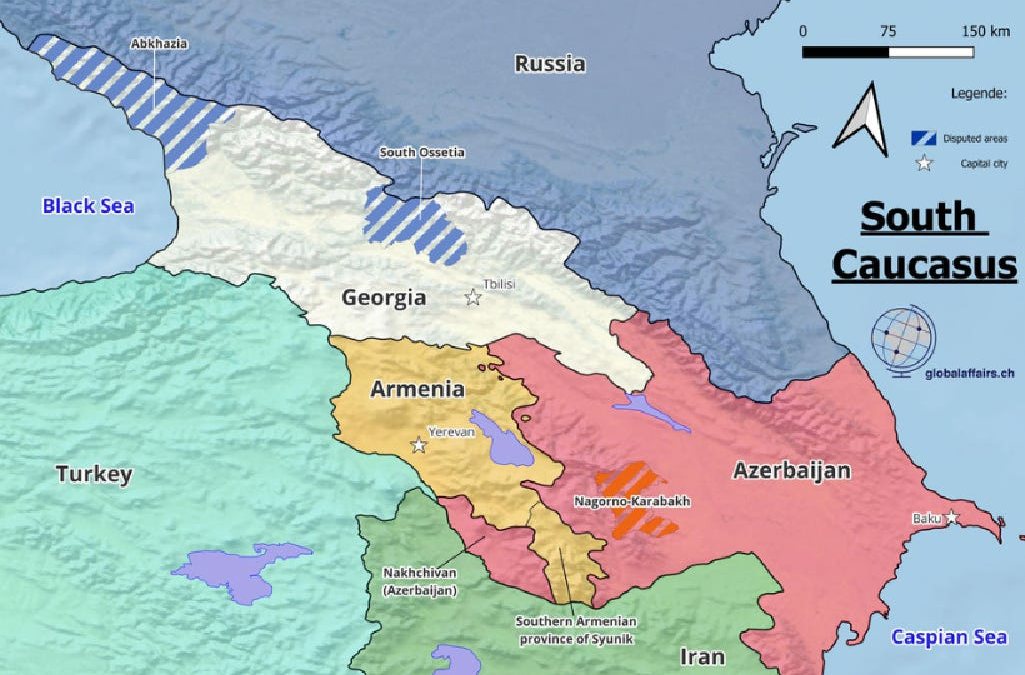US President Donald Trump’s efforts to resolve the territorial dispute between Armenia and Azerbaijan over Nagorno-Karabakh could redraw the geopolitical map of the South Caucasus region, benefitting American companies and weakening Russia’s influence.
Armenian Prime Minister Nikol Pashinyan and Azerbaijan President Ilham Aliyev initiated in Washington on August 8 steps towards a peace agreement to end their long-standing dispute. They agreed to refrain from enforcing territorial claims and recognized each other’s territorial integrity.
“Thirty-five years they fought, and now they’re friends and they’re going to be friends for a long time,” Trump said at the meeting. President Aliyev and Prime Minister Pashinyan described the results as “historic” when they cemented their handshake with Trump.
The peace initiative could restructure the geopolitical balance of power in the South Caucasus. For more than a century, Moscow has maintained political influence in the region. Iran has had strong cultural and political interests in the region.

“The meeting and declaration sent needed signals to Russia, Iran, and other regional players,” Robert F. Cekuta, former US Ambassador to Azerbaijan, and Richard L. Morningstar, founding chairman of Global Energy Center, wrote for the Atlantic Council. “The US is now in a position to play a critical role in the South Caucasus to help develop the region economically.”
ExxonMobil (NYSE:XOM) signed a deal with Azerbaijan’s state-run oil company, SOCAR, on the sidelines of the negotiations. The agreement has a “high probability of discovering a major oil field,” Aliyev said.
Russia Warns of External Influence
Russian Foreign Ministry spokesperson Maria Zakharova expressed nominal support for a “zone of stability and prosperity” in the region. She said that conflicts in the South Caucasus should be settled by regional powers — specifically Turkey, Iran, and Russia — and not by external actors, such as the US.
“This reflects Moscow’s growing anxiety at being sidelined in a region it has long considered within its sphere of influence,” Richard Connolly, a senior analyst at Oxford Analytica,

